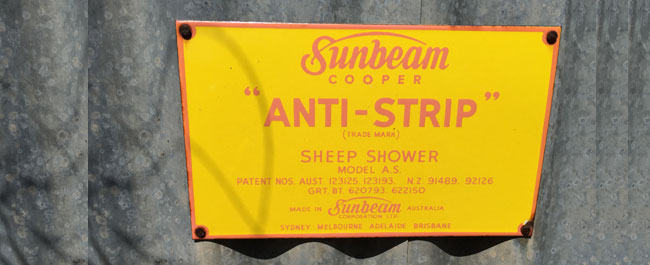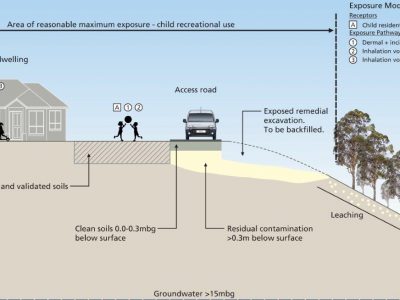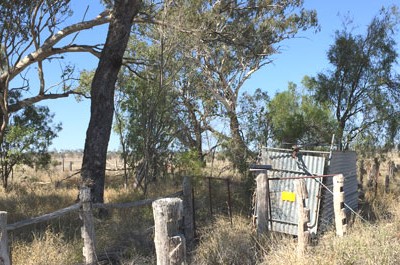Project Info
Project Description
The National Organochlorine Pesticide (OCP) Residue Management (NORM) program classifies properties according to OCP-residue risk.
What are OCPs?
Organochlorine pesticides (OCPs) were once widely used on farms in stock dips and spray races to protect livestock from insects. OCPs are toxic to humans and long term exposure of OCPs via ingestion of contaminated foods can cause serious health effects. Livestock raised for human consumption can accumulate OCPs within fatty tissue if they are grazing on OCP contaminated land. Consumption of affected meat also results in accumulation of OCPs within humans which conversely can impact our health.
Keeping OCPs out of the food chain
To keep OCPs out of the food chain, livestock from OCP-contaminated properties are tested to ensure pesticide levels are below the food standard limits. Farmers foot the bill for the tests and for any resulting delays that result from stock being held up at the sale yards and/or abattoirs.
What is the NORM?
The National Organochlorine Pesticide (OCP) Residue Management (NORM) program classifies properties according to OCP-residue risk and a property’s NORM status is listed on the Extended Residue Program (ERP) database. Anytime livestock is sent to the sale yards or abattoirs for food processing, the farmer is to document the ERP status on the livestock waybill. Livestock farmers who can obtain an ERP-clear status eliminate the need for livestock testing.
Case Study
Situation: The owners of a Queensland property that contained an old sheep spray race commissioned Geo-Logix to conduct a soil contamination investigation to establish the extent and severity of OCP contamination. The property had an ERP risk status and the farmer wanted to use the land to fatten up his cattle prior to sale. His motivation was to remediate the affected land so he could clear its ERP status and avoid the burden of meat testing and stock being held up at the sale yards / abattoir. The spray race and immediate surrounding land was fenced off constituting an area of 1600m2 within a property of 5000ha.
Action: Geo-Logix sampled soil in 15 locations within the fenced area and two locations outside the fence. They analysed the samples for contaminates of potential concern (COPC) associated with sheep spray races including OCPs, organophosphate pesticides (OPPs) and heavy metals.
Result: Geo-Logix’s sampling and analysis found no OCPs or OPPs present in the soil and no heavy metals apart from localised arsenic. Arsenic is not a residue of concern for livestock sale and Geo-Logix estimated the risk to grazing cattle was negligible considering the area available for grazing and the option of keeping the problem area fenced.
The Geo-Logix report recommended the property have a NORM-clear status eliminating the need for cattle testing. The farmer submitted the report to the Department of Agriculture and Fisheries and as a result obtained the clear ERP status. The property has been cleared for grazing and there is no further requirement for meat chemical residue testing.
Environmental Management Register (EMR) listing
The Environmental Protection Act 1994 considers sheep spray races to be a notifiable activity. Properties containing spray races are listed on the Queensland Department of Environment and Heritage Protection (DEHP) Environmental Management Register (EMR).
To remove the property from the EMR the owners would require remediation of the arsenic contamination with verification in a Contaminated Land Investigation Document (CLID) and compliance certificate issued by a QLD DEHP accredited contaminated site auditor.



